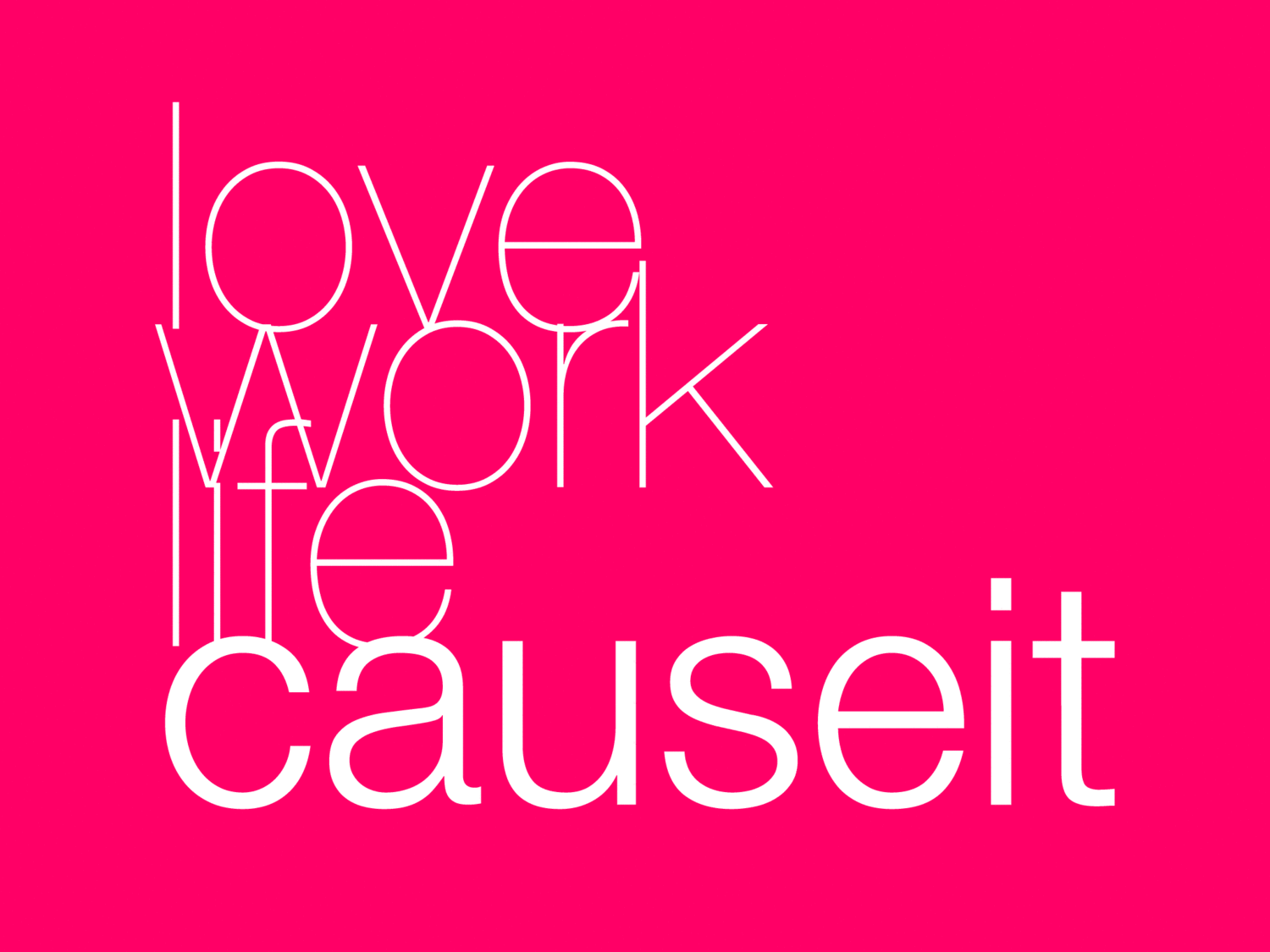Emotional intelligence is a real, and really important, factor at play in any business which employs and serves human beings. Leaders are learning how to leverage the impact that emotional intelligence—sometimes called “soft skills”—has in business, from individual careers to organizational culture. Articles on the subject are no longer relegated to fringe publications or social sciences, in fact mainstream business journals like Forbes, Harvard Business Review, and FastCompany have been talking about it for several years. The thriving conscious capitalism movement, the emergence of B Corps , and sold-out conferences like Wisdom 2.0 are all further evidence that more and more professionals and companies are taking the human element of business very seriously. This means that not only is the industrial age model of treating people like machines an outdated one, but companies who aren’t engaged with their employees and customers on a human level are at a competitive disadvantage in an increasingly networked world.
Intellectual Property, DNA and Innovation Viruses: Julie Sammons
I keep coming back to the question of "how does nature handle IP?" The closest I can think of is our creation of APIs. Organisms don't walk around with their genetic code sort of displayed for everyone to see, what makes them unique. But there is massive and constant interaction between organisms and their environment, and exchange of information. I think APIs, in a way, are sort of an interesting way of thinking about that. You display enough information about your internal code that others can really interact [with it], and build upon it effectively, without giving away the whole farm—which probably wouldn't even be useful. The other organisms don't even need to know your entire code. That piece is interesting to me.
Teams of Lone Wolves
I first started conceiving of misfits and misfit teams when I began to reflect on my own employment process. As an unusual, "over"-sensitive and intelligent kid with no siblings, I often balked at oversimplified directions, experienced a bruised ego when receiving criticism, and struggled with how to participate in team or group environments. By the time I entered the workforce, I had developed a complex web of insecurities and related defenses designed to protect against the embarrassment of making public mistakes, compensating with my intelligence. It was in my first management position, which happened at about the same time I was engaging in lot of personal development work, that I really saw the impact.
Creatives, Non-Linear Thinkers and So-Called Misfits
I was recently asked to weigh in on how to support the creative worker. It's a broad, almost-impossible question: how does one even begin to categorize such a person? So I chose to respond by focusing on the elements of the workplace which enable creativity, both culturally and structurally, to support the rise of good ideas and ease for those bringing good ideas to light.




